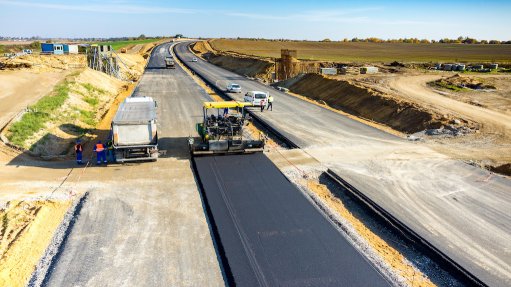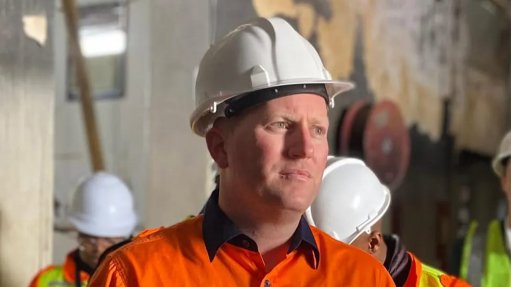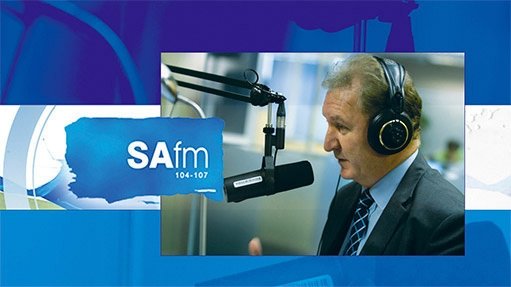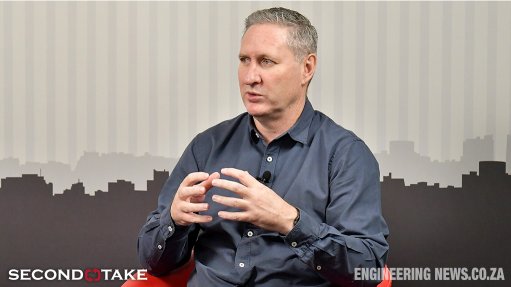New codes to catalyse transformation


BBBEE CODES The biggest change in the new codes is a sub minimum of 40% compliance for all categories
Photo by Duane Daws
Compliance with the new Broad-Based Black Economic-Empowerment (BBBEE) Codes of Good Practice needs to be widespread if further youth uprisings are to be averted, thereby enabling South Africa to build additional small and medium-sized enterprises (SMEs) and triggering transformation and growing a better national employment rate, says Johannesburg-based economic and management consultancy New Generation Mindset CEO Zaid Mohidin.
“The new codes force companies to look at true transformation – this will drive business imperatives to encourage a broader-based transformation,” he says, adding that adopting a strategic approach for companies is vital.
The new BBBEE codes come into effect on May 1 and are expected to accelerate transformation, especially among local suppliers.
The biggest change in the new codes is a sub-minimum of 40% compliance for all categories of the BBBEE scorecard, which include enterprise, supplier and skills development, and preferential procurement.
Previously, BBBEE regulations were more relaxed and did not require 40% compliance across the board to achieve a specific BBBEE level. This enabled companies to circumvent certain aspects, such as supplier development, which led to fewer local black entrepreneurs entering the market through their small businesses.
“There is currently a broad-ranging focus on company ownership [to attain BBBEE credentials], and skills development with a minimum of 6% of payroll required to be spent on skills development within the company and its consumer-base,” Mohidin says, adding that companies will have to significantly shift their focus if they want to retain their current BBBEE levels once the new codes come into effect.
The 40% sub-minimum requirement presents a “huge challenge” for companies operating in the public sector because government can conduct business only with BBBEE Level 4 to Level 1 companies, he notes. Not meeting Level 4 compliance will result in a loss of public-sector revenue, which is a significant drawcard for many small and large businesses.
It has been widespread practice to adopt a philanthropic approach to implementing the rules of the current BBBEE codes; this was affecting transformation negatively, as it did not result in “true and open transformation”, Mohidin avers.
He explains that, previously, there were three groups of companies in the BBBEE compliance arena: those that had conducted business with government, but did the bare minimum to comply with the codes to ensure they attained Level 4; those that simply ensured they were ‘ticking the boxes’ to meet basic compliance standards to have a BBBEE level; and those that did not conduct business with government or State-owned companies. This group saw no point in complying with BBBEE policies and, therefore, did not meet any of the requirements to contribute to transformation.
Meanwhile, Mohidin says some of the black economic empowerment (BEE) and BBBEE policies have not benefited a significantly large number of people and its impact has been minimal in the true sense of transformation.
Further, certain sector codes are also being structured and enforced to ensure that wider transformation occurs, he says.
Encouraging Compliance
The biggest challenge in South Africa is companies not being aware of the complementary policies available to them through government, says Mohidin: “There is a plethora of policies and legislation available to corporates which, if used correctly, can help them produce good results.”
An example of such a policy is the Competitive Supply Development Programme 3, headed up by State-owned enterprises, in general, which encourages local procurement and support of local suppliers. Mohidin adds that there are also assistance elements, such as grants and incentives for SMEs, as well as incentives for industrialisation.
Mohidin says genuine transformation is now critical to mitigate the current economic challenges: “Just look at the current student protests. The path forward looks bleak because when they graduate from tertiary education institutions, they are less likely to find jobs than those of years past. This will have a ripple effect on the entire employment system for years to come.”
Meanwhile, the South African business environment is unique because of the high number of entrepreneurs it has, he adds.
While the UK has a general higher level of education among business people, this results in a low propensity for entrepreneurs. Inversely, South Africa generally has a lower level of education, but there is a higher propensity for entrepreneurship, which is based on the opportunistic nature of the local business environment, as well as a result of South Africa’s BEE policy, like the rest of Africa’s, shifting from a factor-based economy to an efficiency-based economy.
This economic environment is further evidence that BBBEE codes and regulations are required to ensure transformation takes place in South African businesses.
Comments
Press Office
Announcements
What's On
Subscribe to improve your user experience...
Option 1 (equivalent of R125 a month):
Receive a weekly copy of Creamer Media's Engineering News & Mining Weekly magazine
(print copy for those in South Africa and e-magazine for those outside of South Africa)
Receive daily email newsletters
Access to full search results
Access archive of magazine back copies
Access to Projects in Progress
Access to ONE Research Report of your choice in PDF format
Option 2 (equivalent of R375 a month):
All benefits from Option 1
PLUS
Access to Creamer Media's Research Channel Africa for ALL Research Reports, in PDF format, on various industrial and mining sectors
including Electricity; Water; Energy Transition; Hydrogen; Roads, Rail and Ports; Coal; Gold; Platinum; Battery Metals; etc.
Already a subscriber?
Forgotten your password?
Receive weekly copy of Creamer Media's Engineering News & Mining Weekly magazine (print copy for those in South Africa and e-magazine for those outside of South Africa)
➕
Recieve daily email newsletters
➕
Access to full search results
➕
Access archive of magazine back copies
➕
Access to Projects in Progress
➕
Access to ONE Research Report of your choice in PDF format
RESEARCH CHANNEL AFRICA
R4500 (equivalent of R375 a month)
SUBSCRIBEAll benefits from Option 1
➕
Access to Creamer Media's Research Channel Africa for ALL Research Reports on various industrial and mining sectors, in PDF format, including on:
Electricity
➕
Water
➕
Energy Transition
➕
Hydrogen
➕
Roads, Rail and Ports
➕
Coal
➕
Gold
➕
Platinum
➕
Battery Metals
➕
etc.
Receive all benefits from Option 1 or Option 2 delivered to numerous people at your company
➕
Multiple User names and Passwords for simultaneous log-ins
➕
Intranet integration access to all in your organisation



















